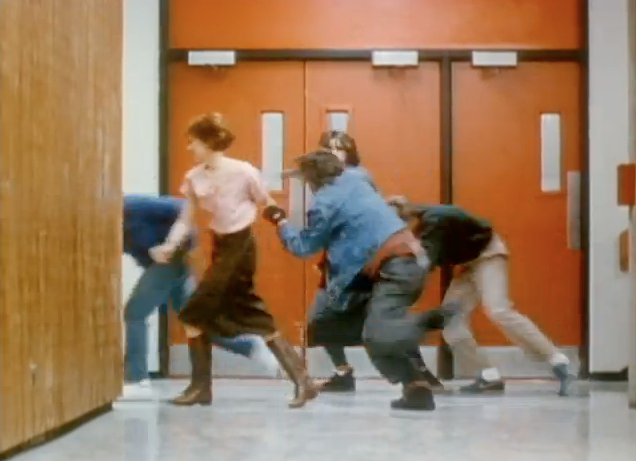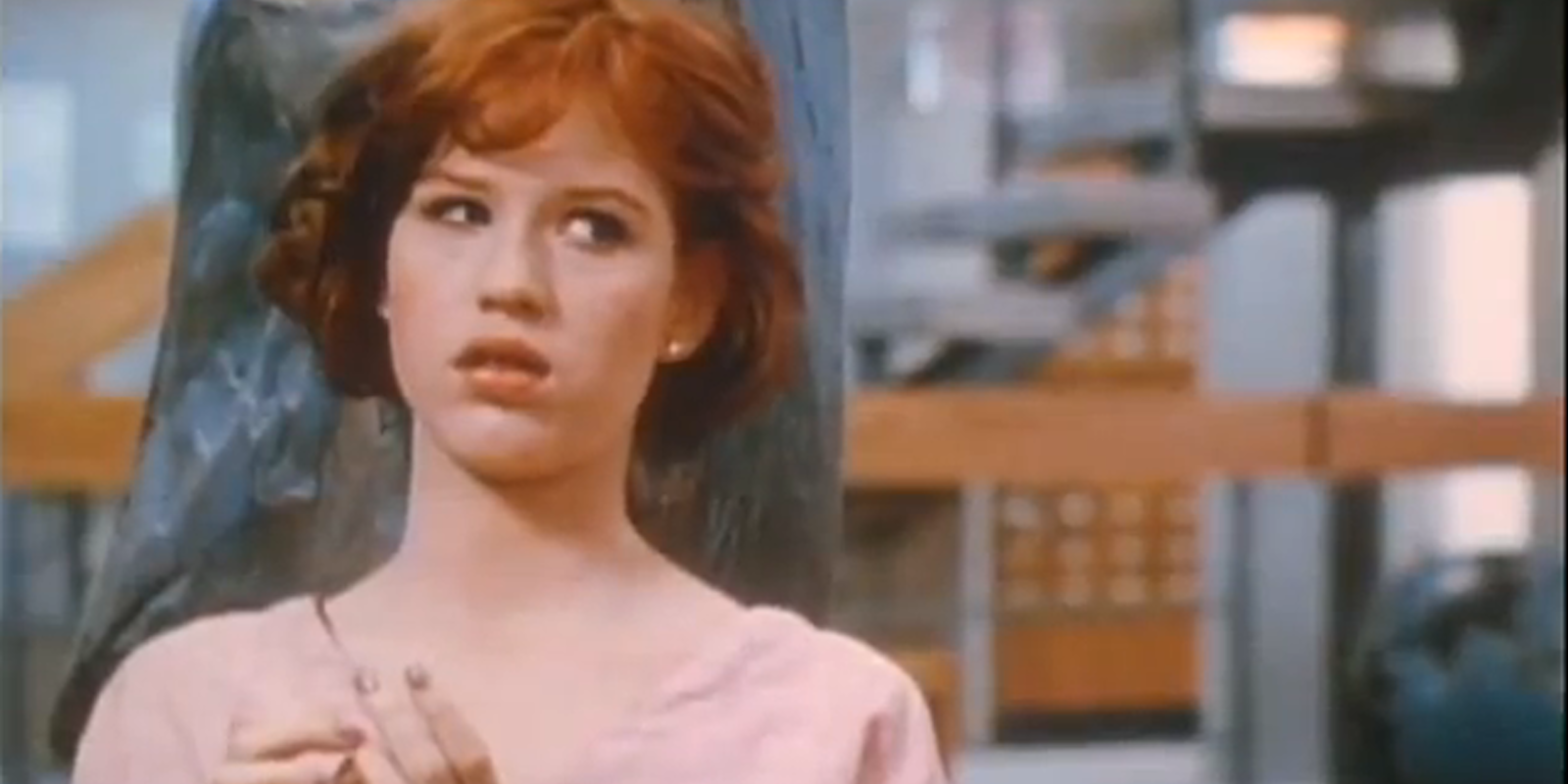By SANNA SHARP
Part I: The teenage daughter’s side
My mother and Molly Ringwald are roughly the same age. They grew up in a world where if you misbehaved at school, you might get an all day detention, sequestered in a room on a Saturday with the other misfits. They also grew up in a world where single function devices—digital watches, calculators, Walkmen—were considered the cutting edge of modern technology. Well, Mom and Molly, that was a long time ago. Now our devices offer a multitude of services.
In fact the possibilities are pretty much endless, and we use them any way we can. In today’s world, just like the varsity jacket, the trench coat, the diamond earrings, the smart phone is an extension of our teenage selves. It contains all of our personal information, all of our interests, our thoughts, our opinions, our personal styles, our very social lives: all on one small RAM chip.
But with this new technology come new forms of punishment as well, inflicted on helpless teenagers everywhere.
I was recently the victim of just such a punishment. I won’t bore you with the details of what brought it on, but my parents, deciding to distance me from the “negative influence” of my friends, took away my freedom, my Facebook, and my phone. My freedom? I could deal with its loss. I could buckle down at home, toil away the hours in my room, stew in self-pity (The Smiths on repeat for hours.) My Facebook? Contrary to what you might think, that was fine too. (I think the site is a terrible representation of society; its attempts to distill a person into photos and statuses are misguided and inaccurate—a different story.) But my phone? Hell, no.
The rise of the smart phone is one of the defining features of this decade—and therefore also my teenage years. I was born in the ’90s, when the age of personal computers was dawning. When I reached high school and got my first cell phone, Apple had just released the iPhone 3. For obvious reasons I had to have it. There’s no question that it’s basically the drug of choice for us all.
And like stopping cold turkey, the loss of my phone was painful. With no phone, my contact with the world was gone. My friends knew I was in big league trouble, but I had no way of telling them how much, or whether or not I was okay.
 There was no detention room with outcast kids in trench coats or varsity jackets for me. I spent the first three days of my punishment in complete, parent-induced isolation. It was horrible. I could no longer find out the latest school gossip, could not get the homework assignments from my classmates, couldn’t contact my (recently) ex-boyfriend, far away at college.
There was no detention room with outcast kids in trench coats or varsity jackets for me. I spent the first three days of my punishment in complete, parent-induced isolation. It was horrible. I could no longer find out the latest school gossip, could not get the homework assignments from my classmates, couldn’t contact my (recently) ex-boyfriend, far away at college.
And that wasn’t the only bad part. Without my smart phone, I had no alarm clock, no calculator, and no way of checking bus times. I had to rely on my mother to wake me up in the morning. I had to work out basic calculations on scratch paper. I had to wait in suspense (not the fun kind) for the bus. As the days passed I grew more and more bitter. I was tired of this silent, slow, manual lifestyle. I was going through phone withdrawal.
As I sat on the bus, I would feel phantom vibrations coming from within my pocket. I would reach down to pull out my phone, only to find that I did not have one. I would sit in my room, unsure of my history homework, and reach to call a friend for help—only to realize I could not. Waiting for the bus seemed to take years, as I could no longer check when exactly it would arrive. I felt as if I was living decades behind my technologically connected friends.
I wish I could say I overcame those symptoms and began to enjoy my analog time away from my phone and all it offers. The truth is, I did not. I counted the minutes until I my phone back—and I am typing this on it now. My craving was satisfied and I fell happily right back into gossiping via text, looking up bus times with my NextBus app, setting my daily alarms and reminders. Maybe my mom and Molly Ringwald might think this is one of my weak points.  Maybe I’m missing out on a Saturday afternoon, running through the hallways of lockers behind a girl with smudgy black eyeliner.
Maybe I’m missing out on a Saturday afternoon, running through the hallways of lockers behind a girl with smudgy black eyeliner.
But I think what I had taken away in the form of my cell phone was actually much worse than a lost Saturday afternoon, stuck in detention with other misfits. I lost an extension of myself.
That’s what my mom doesn’t get. The Breakfast Club kids got to keep all that, even when Principal Vernon tried his best to take it away. Today, it’s as easy as locking away your phone. And like those kids knew—the athlete, the basket case, the princess, the brain, and the criminal—if that is taken away from you, it is truly is a loss. An identity theft.
So parents, on behalf of teenagers everywhere, please don’t take away our cellphones. We just couldn’t be that bad.
Sanna Sharp is a high school senior. When not arguing with her mother, she can be found on the streets of San Francisco.
Screengrabs via universalmoviesuk/YouTube


